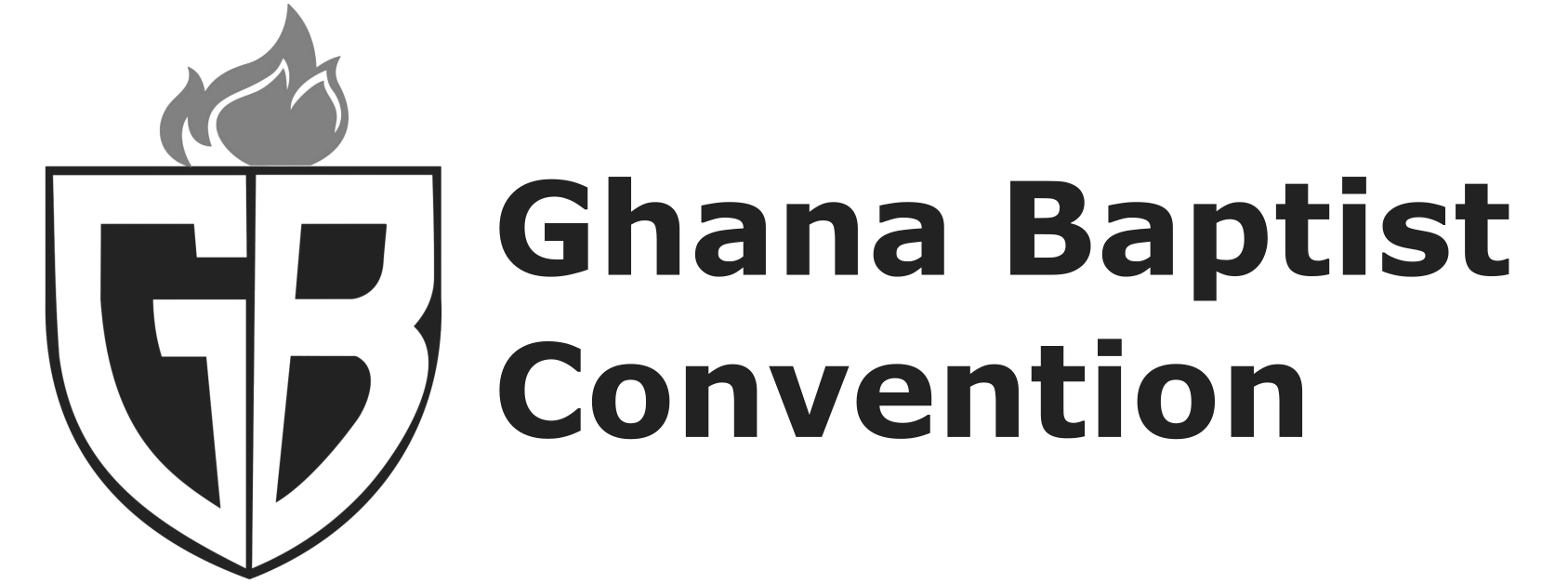
Dec
Evangelism and Church Planting in Contemporary Times: Ghana’s Experience
The Ghana Baptist Convention is currently made up of about 2500 Churches, Preaching Stations and Preaching Points. The Convention is divided into four sectors namely; Northern Ghana, Mid-Ghana, South-East Ghana and South-West Ghana with thirty (30) Associations. Each Sector is headed by a full- time Sector Head and also a full-time Sector-Evangelist with a fully equipped Cinema Van for sector evangelism. Every Association has a field evangelist who coordinates the evangelistic activities of the Churches within the Association.
In 1986, the Ghana Baptist Convention had around 230 Churches. This presentation will examine some of the processes and strategies the Convention put in place to enhance her evangelistic and Church planting activities. The Ghana Baptist Convention Churches, until 1988, has operated as independent autonomous Churches in conformity with Baptist polity. Church planting was done by individual local Churches as and when they felt the need to plant a new Church. Most of the new Church planting activities were carried out by Southern Baptist Convention Missionaries who were then operating in the country.
In 1986 a few things happened within the Convention that brought the realization that if we wanted the Convention to grow as a major denomination in Ghana, there was the need to take evangelism and Church planting serious as indigenous people and not rely on the SBC Missionaries who were working in the country then. Therefore in 1988, the Ghana Baptist Convention introduced a project called “Operation 30 by 90. The programme was intended for Churches within the Convention to plant 30 new Churches by 1990, within a period of two years. This programme was very successful with around 140 Churches planted within a four-year period by 1992. The success of this project brought to the fore, the need to set up the necessary structures to handle the Convention’s evangelistic and Mission activities. Around 1995 another project called “Operation 2000 by 2000 was initiated to plant 2000 churches by the year 2000.
Evangelism and Missions Department
The Convention established an Evangelism and Missions Department which is headed by a full-time Director and assisted by a Programme Officer. The Department plans all evangelistic activities of the denomination. They provided training in evangelism and Mission for the denomination as well as local Churches and Associations. At the beginning of each year, the Department organizes a three-day annual Ghana Baptist Convention Evangelism and Mission consultation. This consultation brings together all those who matter as far as evangelism and mission are concerned within the Convention for example; Vice President-Ministries, All Sector and Association Heads, Home Missionaries and Field Evangelists. During the three days consultation, participants discussed and reviewed the previous year’s evangelism and mission strategies to determine what strategies worked and those that did not work. The period also examined our Church planting goals for the previous years and forecasts for the new year as to how many Churches they intend to plant, where those Churches would be planted and determine what resources would be needed to achieve the set objective. The Department, through the evangelism and mission consultation, identifies strategic areas that are either unreached at all or have low Baptist presence and works towards evangelizing those areas. When such areas are identified, they may be declared and classified as “Mission Fields” to give it the needed attention.
By: Rev. Dr. Ernest Adu-Gyamfi
Source: All Africa Baptist Fellowship
 En
En
 Fr
Fr
 Ge
Ge
 It
It




No Comments